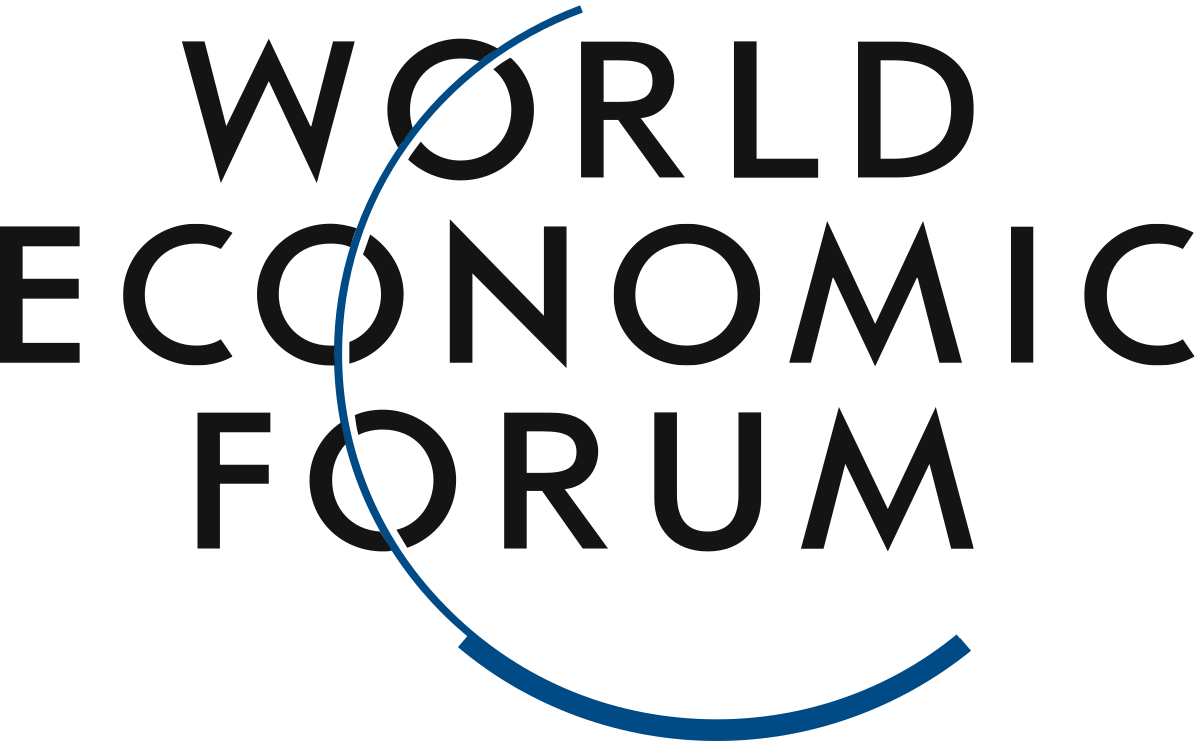What is WEF?
The World Economic Forum (WEF) is an independent international organization committed to improving the state of the world by engaging business, political, academic, and other leaders of society to shape global, regional, and industry agendas. The WEF holds an Annual Meeting, which is a gathering of top decision-makers from government, business, and civil society to address major global issues and priorities for the year ahead. The Annual Meeting 2024 took place in Davos, Switzerland from January 15 to January 19[1][2].Where is Davos
Where is Davos?
Davos is a town in the Swiss Alps, known for its winter sports and the annual World Economic Forum. The choice of Davos for the World Economic Forum is significant due to its picturesque setting and the infrastructure to host such a large-scale event. Additionally, the town's reputation for being a neutral ground and its history of hosting international conferences make it an ideal location for the WEF[2].
Why Davos for World Economic Forum
The World Economic Forum Annual Meeting 2024 focused on rebuilding trust amid uncertainty and rapid change. Over 60 heads of state and nearly 300 other top political leaders from across the globe attended the meeting to engage in constructive, forward-looking dialogues and help find solutions through public-private cooperation[3][4].
The WEF agenda for the Annual Meeting 2024 included themes such as resilience, sustainability, reimagining globalization, generative AI, inclusive and equitable growth, and women's health. The meeting aimed to address the state of the world and discuss priorities for the year ahead, particularly in the context of multiple global crises, including the climate and biodiversity crises, the COVID-19 pandemic, and geopolitical tensions[2][4].
In summary, the World Economic Forum, led by 'The Great Reset' author Klaus Schwab, is an influential organization that convenes global leaders to address pressing issues, and the choice of Davos as the location for its Annual Meeting is strategic. The Annual Meeting 2024 in Davos focused on rebuilding trust and finding solutions to complex global challenges. The agenda encompassed a wide range of topics, reflecting the multifaceted nature of the issues facing the world today[1][2][3][4].
Citations:
[1] https://www.weforum.org/events/world-economic-forum-annual-meeting-2024/
[2] https://www.mckinsey.com/featured-insights/world-economic-forum/overview
[3] https://www.weforum.org/agenda/davos-agenda/
[4] https://sdg.iisd.org/events/world-economic-forum-annual-meeting-2024/
[5] https://www.weforum.org/events/
What is the Purpose of the WEF?
What are some of the outcomes of previous World Economic forum meetings?

The World Economic Forum (WEF) Annual Meetings have led to various outcomes and initiatives. The WEF aims to ensure the impact of its efforts, with each meeting delivering clear outcomes and action points[4]. Some of the outcomes of previous WEF meetings include:
1. Initiatives for Global Impac: The WEF is involved in over 140 initiatives, working with stakeholders from global society. For example, the EDISON Alliance aims to advance digital inclusion, and the First Movers Coalition and Stakeholder Capitalism are among the existing efforts that the WEF is advancing[5].
2. Policy and Strategy Development: The WEF meetings bring together leaders from government, business, and civil society to engage in constructive, forward-looking dialogues and help find solutions through public-private cooperation[3]. For instance, the WEF's Growth Summit in Geneva examined sustainable and inclusive economic growth, and the Chief Economists Outlook launched at the meeting provided insights into the prospects of a recession[5].The WEF is mostly known, Klaus Schwab in particular, for seeking to create a 'Great Reset'.
3. Global Dialogue and Collaboration: The WEF meetings facilitate global dialogue and collaboration on various topics. For example, sessions covering the global economy, energy transition, and country strategy dialogues took place, focusing on growth, investment, and strengthening dialogue in specific regions and countries[5].
These outcomes demonstrate the WEF's commitment to addressing global challenges, fostering collaboration among stakeholders, and driving initiatives with tangible impact.
Citations:
[1] https://en.wikipedia.org/wiki/World_Economic_Forum
[2] https://www.investopedia.com/terms/w/world-economic-forum.asp
[3] https://sdg.iisd.org/events/world-economic-forum-annual-meeting-2024/
[4] https://www.weforum.org/about/how-does-the-forum-do-its-work/
[5] https://www.weforum.org/publications/annual-report-2022-2023/in-full/our-impact-089adc5926/
How Does the World Economic Forum Measure the Impact of its Meetings?
The World Economic Forum (WEF) measures the impact of its meetings through various means, aiming to ensure that its efforts deliver clear outcomes and action points. The Forum holds four major annual meetings, where it brings together political, business, cultural, and other leaders of society to shape global, regional, and industry agendas[3][4]. Additionally, the WEF produces research into its members' areas of interest and helps guide public-private cooperation[2]. The organization also publishes reports that reveal its performance on environmental, social, and corporate governance (ESG) metrics, providing a holistic picture of its impact through its work[5]. By measuring ESG performance, the WEF aims to better manage its impact and remain accountable to its mission and aims[5].
Citations:
[1] https://en.wikipedia.org/wiki/World_Economic_Forum
[2] https://www.investopedia.com/terms/w/world-economic-forum.asp
[3] https://www.weforum.org/about/how-does-the-forum-do-its-work/
[4] https://www.weforum.org/about/world-economic-forum/
[5] https://www.weforum.org/publications/measuring-stakeholder-metrics-disclosures/













